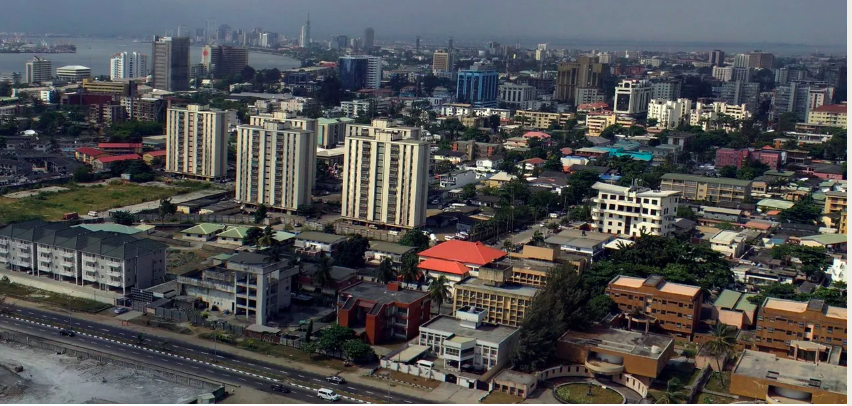
Valuing Properties in High-Growth Cities like Abuja and Port Harcourt
As Nigeria continues to urbanize and diversify economically, cities like Abuja and Port Harcourt have emerged as major hubs of real estate activity. These high-growth cities are experiencing increased infrastructure development, population growth, and private sector investment — all of which directly affect property valuation.
In this article, we explore what makes property valuation in Abuja and Port Harcourt unique, and what buyers, sellers, and investors should know when navigating these fast-evolving markets.
1. Location-Specific Drivers of Value
Each city has its own key value drivers:
Abuja, being the Federal Capital Territory (FCT), has demand driven by:
Government presence and political institutions
Diplomatic missions
High-income residential zones (e.g., Asokoro, Maitama, Wuse)
Port Harcourt, as the capital of Rivers State, is heavily influenced by:
The oil and gas industry
Port activities and logistics
Corporate residential needs
Valuers must assess how these unique local dynamics influence both current demand and long-term growth.
2. Infrastructure and Accessibility
In both cities, valuation is significantly impacted by proximity to:
Good roads
Airports
Business districts
Schools and hospitals
For instance, properties in Abuja’s Gwarinpa or Lokogoma are gaining value due to improved road access, while in Port Harcourt, areas like Peter Odili Road or New GRA continue to appreciate due to ongoing infrastructural upgrades.
3. Land Tenure and Title Systems
In Abuja, land is held under leasehold from the Federal Government, and valuation must account for lease terms, title documentation, and development conditions.
In Port Harcourt, valuation considers issues like community ownership, customary land tenure, and sometimes disputes over land allocation — all of which affect legal clarity and, ultimately, value.
4. Market Volatility and Demand Trends
Valuers in these cities must track market movements influenced by:
Political stability (especially in Abuja)
Oil price fluctuations (especially in Port Harcourt)
Population migration
Government housing policies
Understanding these trends helps in forecasting property value trajectories and advising clients on optimal investment timing.
5. Commercial vs. Residential Valuation
High-growth cities often have mixed-use developments, and valuing commercial properties like malls, hotels, or office buildings requires a different approach from valuing residential apartments or bungalows. In Abuja and Port Harcourt:
Rental yields, occupancy rates, and income potential play major roles in commercial property valuation
Neighborhood status, building quality, and amenities are key for residential valuation
6. Security and Livability Factors
In Abuja, gated communities and estates with good security attract higher value.
In Port Harcourt, due to occasional security concerns, properties in safer, more organized neighborhoods command premium pricing.
Valuers consider these socio-environmental factors to give a realistic picture of the property’s worth.
7. Regulatory Environment
Different local government policies and approval processes affect valuation. For example:
The Abuja Geographical Information Systems (AGIS) regulates property documentation and approvals in the FCT.
In Rivers State, the Ministry of Urban Development plays a key role in building permits and urban planning.
A valuer must confirm that the property complies with these regulations to prevent valuation distortions.
Conclusion
Valuing properties in Abuja and Port Harcourt demands more than just knowledge of square footage and structure — it requires a deep understanding of local trends, legal frameworks, economic indicators, and urban development plans. For investors and stakeholders in these high-growth cities, working with experienced, registered estate surveyors and valuers is essential to get an accurate assessment and make informed decisions.

 April 23, 2025
April 23, 2025



